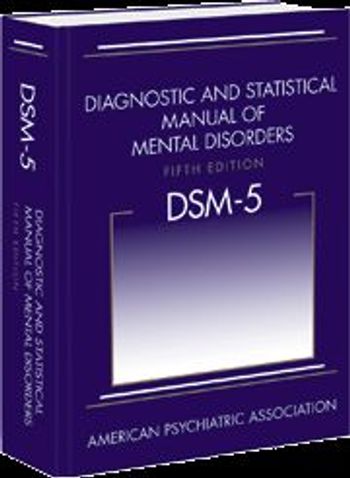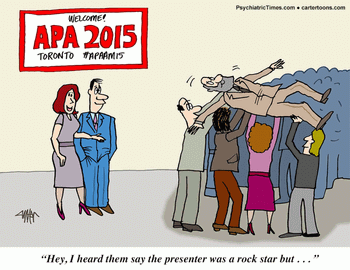
Unspecified bipolar disorder? Comorbid borderline personality disorder? Or, in the case presented here, is it time to break out the mixed specifier from DSM-5?

Unspecified bipolar disorder? Comorbid borderline personality disorder? Or, in the case presented here, is it time to break out the mixed specifier from DSM-5?

Abnormal glucose metabolism may accelerate the age-related decline in hippocampal volumes in BD, according to one new study.

As the intricate relationship between impaired glycemic control and bipolar disorder begins to unravel, possible directions for treatment options for the mood disorder continue to expand.

A beautifully detailed algorithm for treatment options in bipolar disorder is described.

Given that one of the primary goals of making DSM revisions is to improve its clinical utility, establishing a baseline of current usage is critical to inform future proposals. For this and other reasons, the authors provide preliminary results from research focused on determining clinicians’ actual use of DSM.

From the treatment of mood and anxiety disorders in pregnant and nursing women to the effects of antidepressants and anti-inflammatory agents on older adults with stress and mood disorders, APA is a great opportunity to learn state-of-the-art information on bipolar disorder.

A bit of conference levity as we cover serious issues.

An instructive case that ties in to an APA presentation on "Treatment and Research of Treatment-Resistant Depression and Bipolar Disorder."

In order for older patients to derive greater enjoyment from their later years, clinicians must take special care during evaluation, treatment, and follow up when working with this growing population.

Keeping up with the research on bipolar disorder, including findings from studies on cognition, neurogeneration, positive and negative emotion regulation, and weight gain.